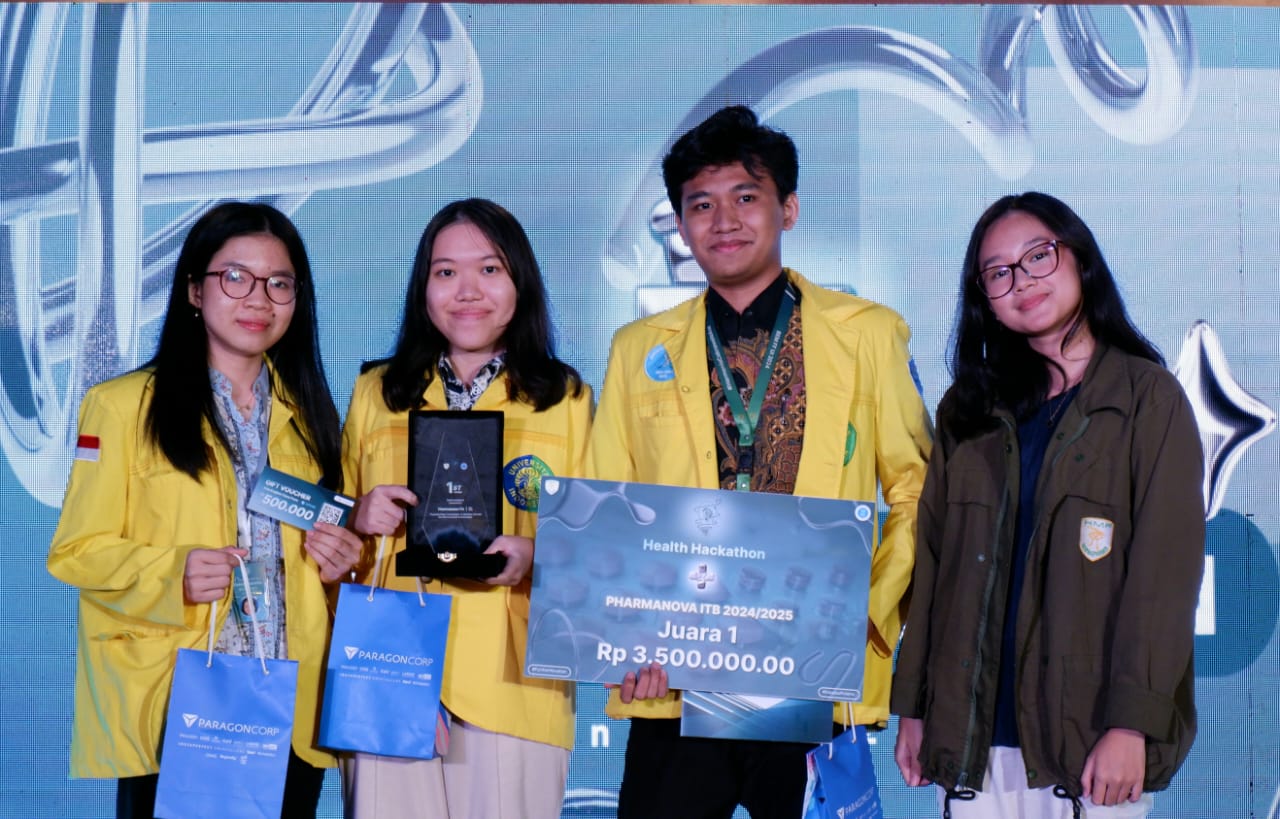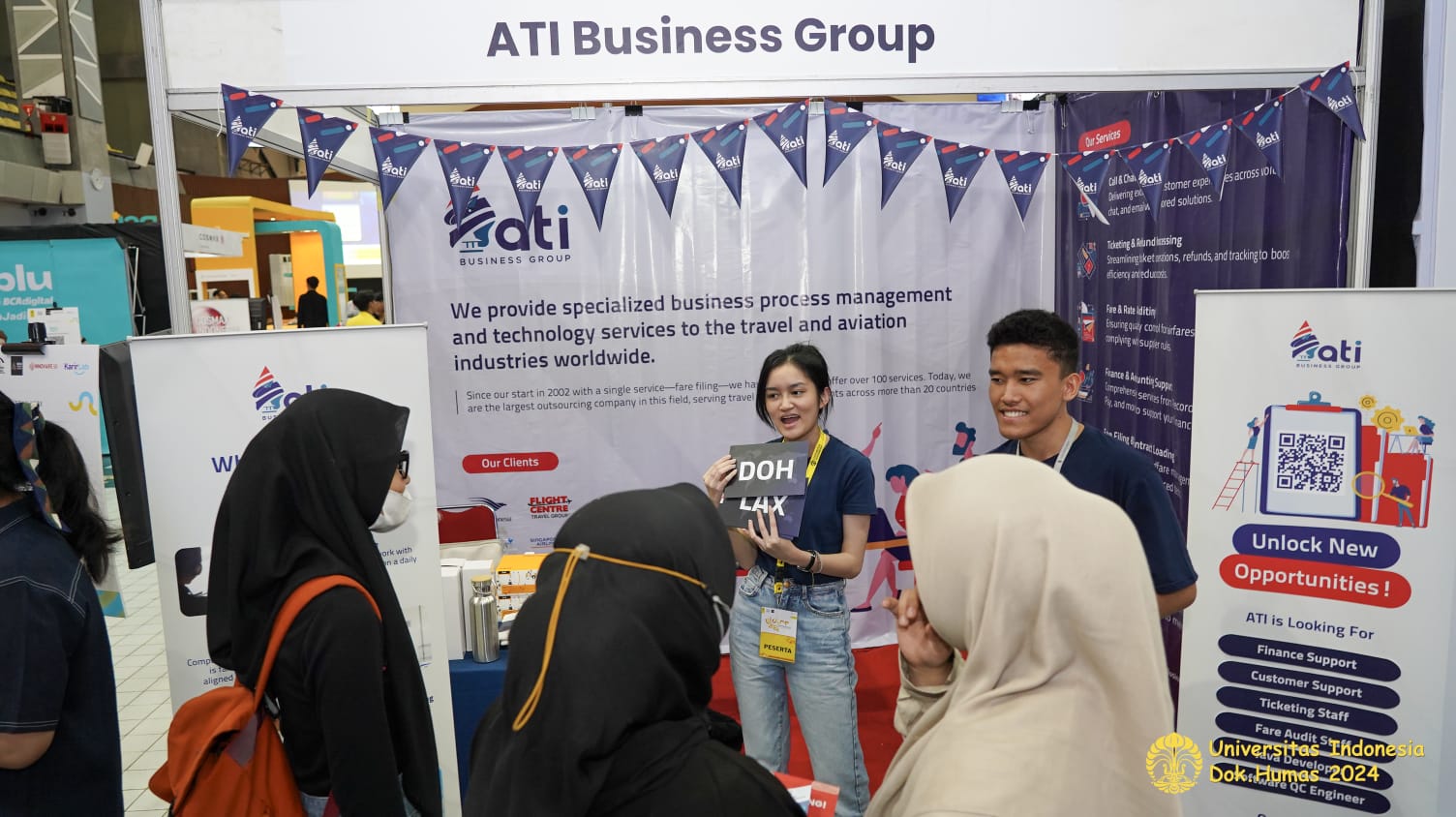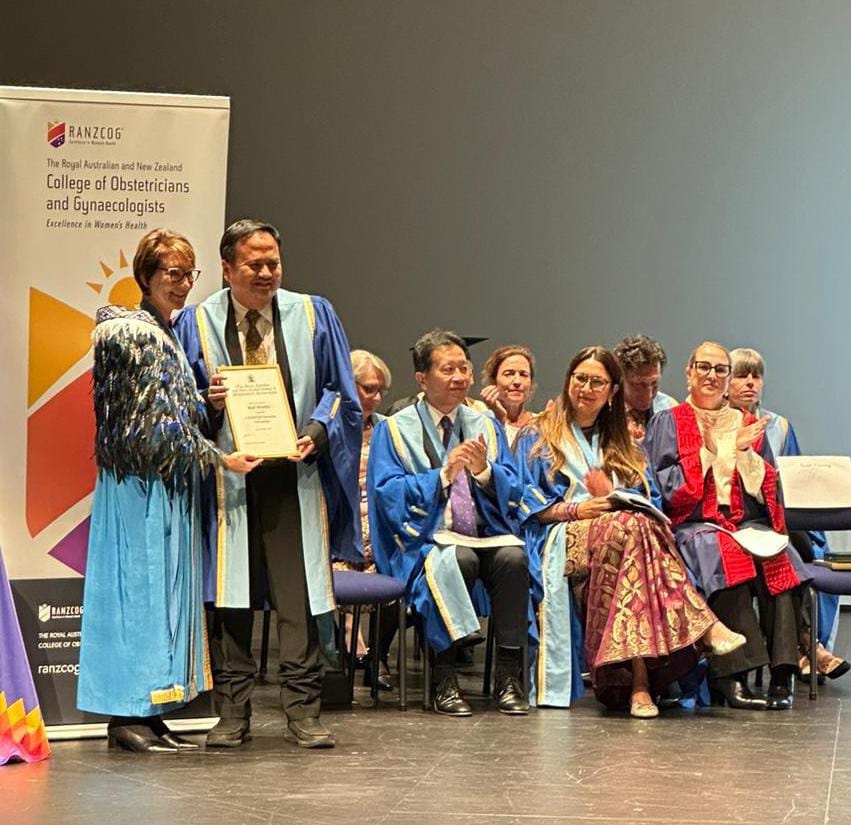
Social conflicts between unity of customary law communities and foreign investors in land use still occur frequently in Indonesia. The social conflicts that have arisen cannot be seen only in the current conditions but must be seen from the historical sequence that lies behind them. In the regulation of Law Number 6 of 2014 on Villages, this recognition and protection are regulated in the Regulation of the Minister of Home Affairs Number 52 of 2014 on Guidelines for the Recognition and Protection of Customary Law Communities (Permendagri No. 52/2014).
This condition prompted Djokosoetono Research Center (DRC), the Faculty of Law, Universitas Indonesia (FHUI) to hold a focus group discussion (FGD) on the topic “Perlindungan Hukum Masyarakat Hukum Adat dalam Kegiatan Investasi Asing: Analisis Prinsip Bisnis dan Hak Asasi Manusia (HAM)” (Legal Protection of Customary Law Communities in Foreign Investment Activities: Analysis of Business Principles and Human Rights (HAM)) in the S&T Room , FHUI Campus, Depok, on Tuesday (21/2). In his welcoming speech, Deputy Dean for Resources, Ventures, and General Administration of FHUI Dr. Parulian Paidi Aritonang, S.H., LL.M., MPP., said the topic raised was a very important discussion to generate a legal solution to this problem.
Representing the Director General of Village Governance Empowerment, Ministry of Home Affairs of the Republic of Indonesia (Kemendagri RI), Amanah Sri said, “Currently, customary law is the center of attention. Moreover, we will have a new national capital moved to East Kalimantan, where, in Kalimantan, there are a lot of indigenous peoples. The main problem before protecting customary law communities is actually identifying whether such indigenous people actually exist or not.”
In order to realize the welfare of customary law communities, Amanah added that Kemendagri RI will refer to and be guided by Article 18 of the 1945 Constitution, namely Unity of Customary Law Communities. She explained that Law Number 6 of 2014 on Villages along with other related regulations is a follow-up to the constitutional mandate.
Meanwhile, Dr. Patricia Rinwigati, S.H., M.I.L., who is a lecturer at FHUI, offered a notion about the importance of legal protection for customary law communities based on human rights. She also conveyed that the perspective of human rights in investment activities has become a global trend considering that companies are actors of human rights violations.
Dr. M. Sofyan Pulungan, S.H., M.A., who is also a lecturer at FHUI, delivered the importance of legally strengthening customary law community institutions which is the main requirement in dealing with foreign investment activities. “Our research findings show that customary law communities are actually not against foreign investment activities. They even want to be recognized as a party involved in investment activities,” he said.
He continued, “Involvement is important so that investment activities do not damage religious communal life. Apart from that, it also economically brings welfare to their society.”
In this discussion, Deputy Chairperson of the Indonesian Chamber of Commerce and Industry for Law and Human Rights, Dr. Dhaniswara K. Harjono, S.H., M.H., MBA .; Secretary of Nayaka Bali Traditional Village Council, Drs. I Gede Nurjaya., M.M.; and the Alliance of Customary Law Communities of the Archipelago (Aman), Rukka Sombolonggi. Djokosoetono Research Center is a research and study institute in the field of law under FHUI.
DRC is also a comprehensive research institution that is cross-sectoral and can bridge various branches of legal science as well as bridge legal science with other social sciences. In this case, DRC is the coordinator or hub for all research and publication activities within FHUI.



